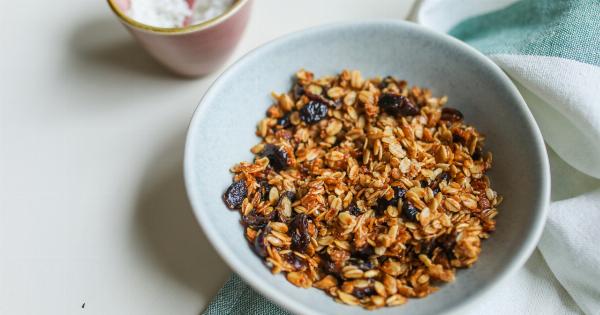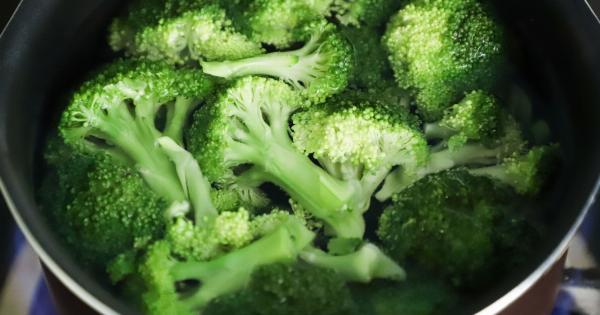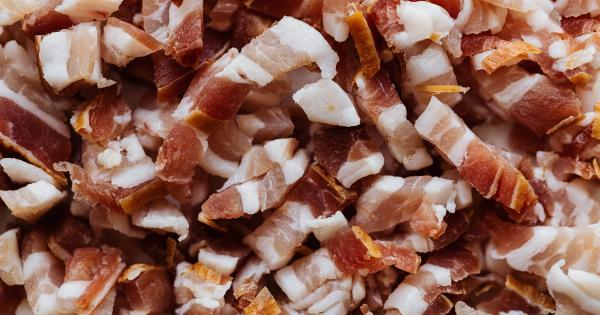Is there a vegetable milk that is better than cow’s milk?
When it comes to milk, the most common option that comes to mind is cow’s milk.
However, with the rise in popularity of plant-based diets and increased awareness of the ethical and environmental concerns related to animal agriculture, more and more people are turning to vegetable milk as an alternative. But can any vegetable milk compete with cow’s milk in terms of nutritional benefits?.
Soy milk is one of the most popular vegetable milk options available. It is made from soybeans and typically fortified with essential nutrients such as calcium and vitamin D, which are also found in cow’s milk.
Soy milk is a good source of protein and contains all the essential amino acids, making it a suitable replacement for cow’s milk.
2. Almond Milk
Almond milk is another widely consumed vegetable milk. It is made from ground almonds and water, providing a nutty flavor. Almond milk is naturally low in calories and contains no cholesterol.
However, it is lower in protein compared to both cow’s milk and soy milk. To compensate for this, some brands fortify their almond milk with additional protein sources.
3. Oat Milk
Oat milk is a popular choice for those looking for a creamy and dairy-free alternative. It is made by blending soaked oats with water and then straining the mixture. Oat milk is naturally sweet and has a subtle oaty flavor.
It is a great source of fiber and contains beta-glucans, which have been linked to various health benefits. However, oat milk is generally lower in protein compared to cow’s milk and soy milk.
4. Rice Milk
Rice milk is made from milled rice and water. It has a naturally sweet taste and is often preferred by those with allergies or intolerances to other types of milk.
Rice milk is low in fat and cholesterol but lacks the protein and calcium content found in cow’s milk.
5. Coconut Milk
Coconut milk, although not commonly considered a direct replacement for cow’s milk, is still worth mentioning. It is made by blending the flesh of mature coconuts with water.
Coconut milk has a rich and creamy texture and adds a tropical flavor to dishes. However, it is higher in saturated fat and calories compared to other vegetable milk options.
6. Hemp Milk
Hemp milk is produced from hemp seeds and water. It is a good source of omega-3 fatty acids, which are beneficial for heart health. Hemp milk also contains all essential amino acids, making it a complete protein source.
However, it is lower in calcium compared to cow’s milk.
7. Cashew Milk
Cashew milk is made from cashew nuts and water. It has a smooth and creamy texture with a slightly sweet taste. Cashew milk is lower in calories and fat compared to cow’s milk and contains heart-healthy monounsaturated fats.
However, it may not be suitable for those with nut allergies.
8. Pea Milk
Pea milk is a newer entrant in the vegetable milk market. It is made from yellow peas and is often fortified with nutrients like calcium, vitamin D, and vitamin B12.
Pea milk is a great source of plant-based protein and can contain as much protein as cow’s milk. It is also rich in iron and low in saturated fat.
9. Flax Milk
Flax milk is made from ground flaxseeds and water. It is rich in omega-3 fatty acids, lignans, and dietary fiber. Flax milk is a suitable option for those looking to incorporate more omega-3s into their diet.
However, it is low in protein and calcium, making it less comparable to cow’s milk in terms of these nutrients.
10. Quinoa Milk
Quinoa milk is made from quinoa grains and water. It is a good alternative for those with allergies or intolerances to common grains like wheat or oats. Quinoa milk is gluten-free and provides a good source of protein, iron, and magnesium.
However, it may not be as readily available as other vegetable milk varieties.
In conclusion, there exists a wide range of vegetable milk options available, each offering unique nutritional benefits.
While cow’s milk is a good source of protein, calcium, and other essential nutrients, certain vegetable milk varieties can serve as viable alternatives for individuals following a plant-based diet or those with dietary restrictions. Choosing the best vegetable milk ultimately depends on individual preferences, nutritional needs, and any dietary considerations.





























